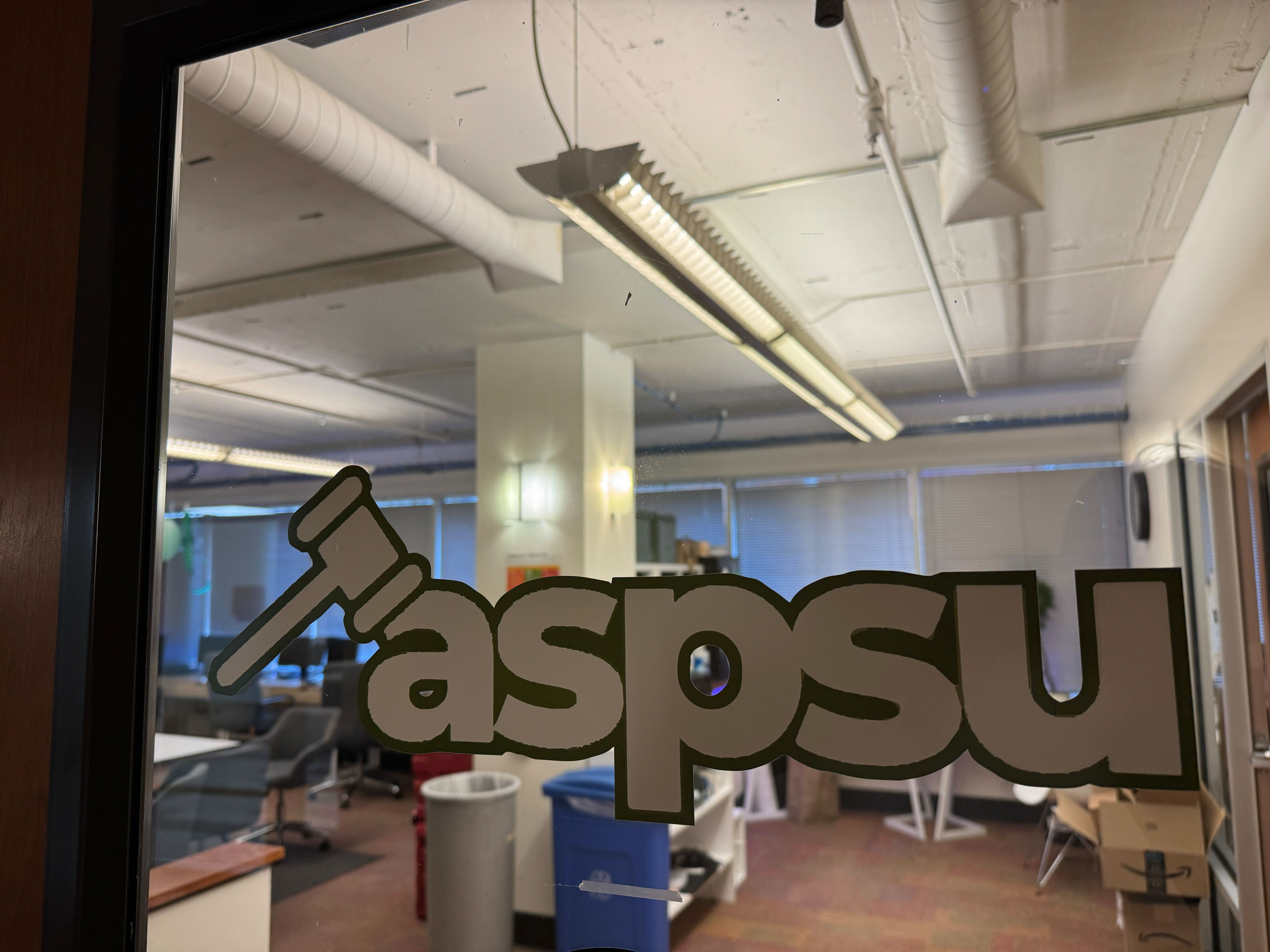PSU’s recommendations to student’s fees and tuition—and what students are doing about it
The cost of tuition in the time of coronavirus
With all classes held remotely, many buildings on campus closed indefinitely and the majority of students homebound by order of the governor, Spring 2020 looks far different than a typical term. Will its price tag look the same?
Not quite.
The COVID-19 outbreak is adding widespread anxiety to almost every part of life. However, for many, as the economy worsens, businesses struggle and employees are laid off, those anxieties are most strongly felt over finances. Even in a pandemic, there are still bills to be paid, and the thousands of dollars students are expected to pay for tuition are no exception.
Portland State has hopes for some financial reprieve. On March 27, PSU announced a few recommended changes to be made to student’s fees this term.
“We are committed to providing a rigorous academic experience even as we modify our educational environment to address global public health imperatives,” the announcement stated. “At the same time, we recognize that many PSU facilities will be unavailable during the coming months. In response to these changes and to help alleviate the acute financial challenges we know many students are facing during these trying times, we are announcing several key changes.”
A number of fees will see some change, if the recommendations are approved when they reach the Board of Trustees on April 16. Tuition itself, however, will remain untouched.
The first recommendation is to waive the Campus Recreation fee entirely, after Campus Rec completely closed on March 15. While the department has begun to offer exercise classes online, all of its events and facilities are closed or canceled.
Other fees, such as those for the Center for Student Health and Counseling, will not see any change, as the center adapted to offer services in spring term. In-person appointments are still available by appointment, and while some services—like counseling—will be offered remotely, others will not be offered for the foreseeable future.
Changes to both the student incidental fee and student building fee were both first recommended to PSU by the Student Fee Committee (SFC), which proposed a flat $20 reduction in the former and waiving the latter.
“We have full confidence that the decisions and recommendations provided…are in the best interest of students and all stakeholders,” SFC chair Jose Rojas Fallas wrote in a statement following the March 30 meeting. ”We do not take any of these decisions lightly or with joy, we fully understand where the ability to make these recommendations comes from…We hope that this communication returns some ease, however small, to your everyday life.”
PSU adopted the $20 reduction in the incidental fee; however, according to its announcement, the building fee would only be recommended to see reductions.
All of these changes will have to be approved by the Board of Trustees at their next meeting in order to take effect. Students who have already paid their spring bill in full prior to the final decision would receive refunds. The April 16 meeting was meant to address changes to tuition for the 2021 academic year, but this decision will be deferred. While some additional course fees may be waived and no late fees will be charged for a delayed April payment, tuition for this term—the bulk of a student’s bill—isn’t changing.
For many students, even if these recommendations are approved, they aren’t enough. Anxieties over payments existed since the beginning of the pandemic, and the initial response to the announcement has largely been negative.
“I understand how you feel like this is helping students, but this is ridiculous to think $64 is going to help,” read one comment on PSU’s Facebook page, “At what point does PSU stop modeling greed and work for students[?]”
“While hundreds are being saved for not having a commencement ceremony,” another comment stated. “Again, clearly, students are not being represented here. Will you be sending a link tomorrow asking for student perspectives after a decision was already made like it was done for commencement? Leadership involves everyone, not just the PSU Board or committees.”
A petition to reduce the cost of tuition and fees began soon after it was announced that classes would be held remotely. As of April 4, the petition, started by PSU junior Jarod Perada, had received over 3,700 signatures.
“This is a global crisis, and the fact that these things are still happening, and our students are suffering financially is unacceptable,” Perada said. “There needs to be more transparency about the budget, there needs to be more transparency to the students.”
While some of the petition’s requests were included in PSU’s announcement, it couldn’t compare to a change in tuition.
“Students and faculty are beginning to see that remote education without on-campus resources are not comparable to in-person instruction,” Perada stated in response to the announcement. “This lackluster university experience, along with discontent over the handling of some budgetary/severance issues—tuition hikes, $880,000 settlement to [the] former university president—serves to alienate students and creates a sense of academic and financial insecurity. These issues disproportionately affect socioeconomically disadvantaged students, as well as students who rely on campus resources for their everyday needs.”
To continue to push for transparency in the school’s handling of tuition, especially during the COVID-19 outbreak, Perada has begun to organize a group of students, PSU Students for Immediate Tuition Reduction.
“We’re just trying to kind of build this from the ground up,” Perada said. “We’re learning as we go, but it’s definitely important that we don’t let this one go. Because people are really suffering and students are really suffering and it’s going to be hard on everyone.”
In the meantime, PSU’s price tag will remain largely unchanged.
“This is something that has now permeated the daily lives of everybody,” Perada said. “And it hits people the hardest who are already financially insecure.”






